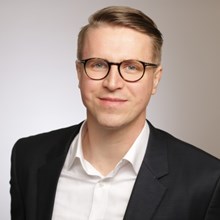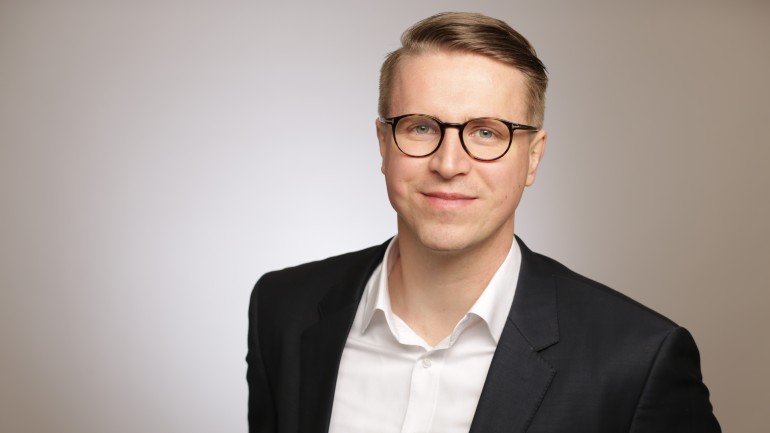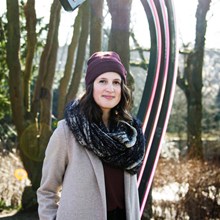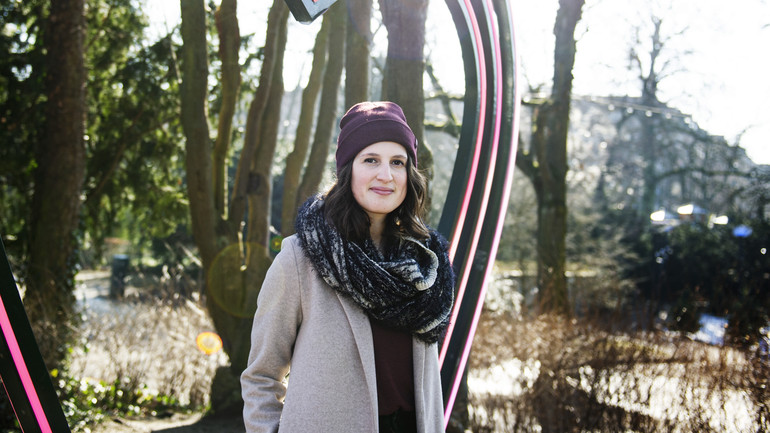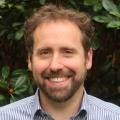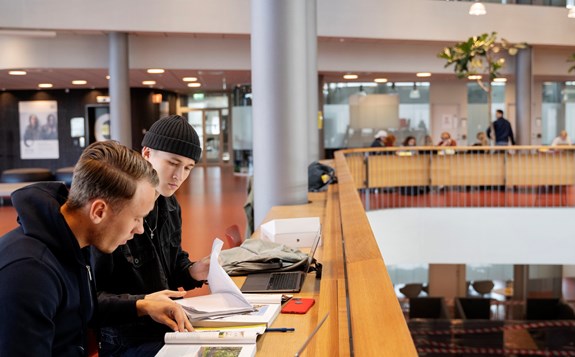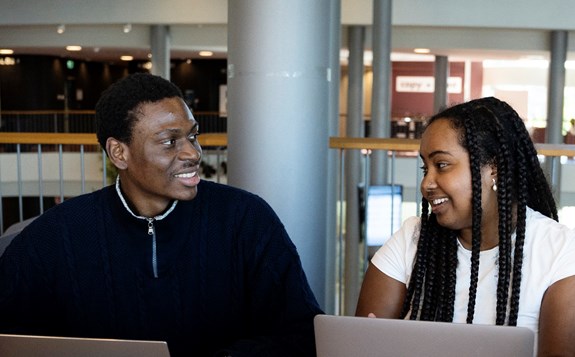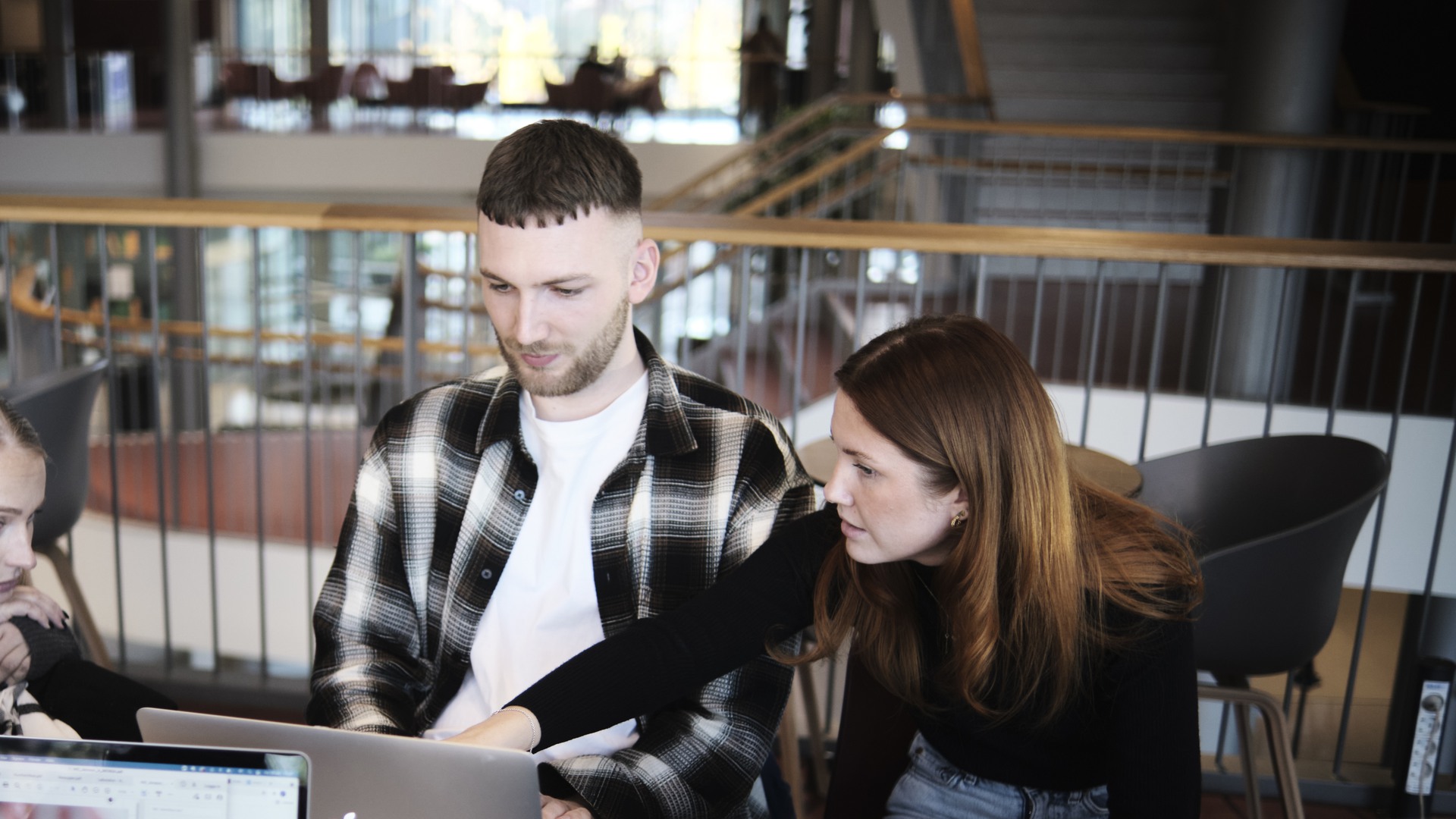The programme which led to work with an EU delegation and then PhD studies
Originally from Germany, Julian Laufs had worked as a development volunteer in Ecuador before studying the International Relations bachelor’s programme at Malmö University.
After graduating from the programme, Julian worked as part of an EU Delegation to Uganda and later got a master’s degree in Organised Crime and Terrorism from University College London, where he is currently finishing his PhD in Security and Crime Science.
Why did you choose the International Relations programme?
One of the main things that attracted me was the structure of the programme, it allowed me to study abroad and complete an internship. I also really liked that there was room for me to focus on the topics that I was interested in most. This allowed me to set a direction for my career quite early and focus on specific policy areas. For me, this was development cooperation and security, but many of my colleagues looked at other issues ranging from global health to multilateral peacebuilding or internet governance.
How would you describe the programme?
The programme at Malmö University really gives you a fantastic foundation to kickstart a career in a range of different fields. You get a really good understanding of how the world works and how to analyse and solve problems. The programme allows you to shape your own career and focus on the fields that interest you most. At the same time, the internship semester gives you the opportunity to gain practical insights and work experience in your chosen field. I found that both the academic knowledge and the practical and analytical skills were highly useful in my professional career.
What was your impressions of Malmö University?
I can honestly say that the years I spent in Malmö were some of the best in my life so far. There were three things I loved especially about the University and the programme I studied. Firstly, not only were the topics international, but also our cohort. We had people from many different countries in the group and I loved the multicultural environment, and the open-mindedness. It made the whole experience so much better. Over the three years, I grew really close to my course mates, and I had the opportunity to form some incredible friendships.
Secondly, during my time there, it really felt like the University and the staff really cared about the students. It was always a very familiar environment and it was easy to approach professors about problems or just to have a chat. The support the University and every single professor I had during my studies offered was absolutely above and beyond.
Lastly, of course, I have to talk about the incredible location. Malmö is such a fantastic place, especially for students. The city is gorgeous and offers so much cultural and natural beauty. Being so close to the sea is also fantastic and the beach and the sauna at Ribersborg are beautiful. I have lived in many different places in the past years, but I never felt so quickly at home as I did in Malmö.
How would you say the programme prepares you for a career within research?
The real value of the programme lies within the wealth of transferable skills you gain during the three years. You learn how to approach and analyse new and unfamiliar problems and how to solve complex issues. These are skills that are valuable for any job. In addition, the programme teaches you how to think and work academically. I realised only later, when comparing myself to students at other universities, what a great job our professors at Malmö University actually did. While the programme might not be as heavy on specific quantitative or qualitative methods per se, it teaches you how to think academically in the first place, which is something absolutely invaluable in any career.
Do you have any advice for someone who is looking to apply to the programme?
Go for it! The programme is a great opportunity to start a career and even if you don’t know yet which field you want to work in, you will get the opportunity to explore different topics and find your niche. Also, the programme is really what you make of it. My biggest advice would be to get involved at the University, speak with your colleagues, form friendships and lasting connections. Be active and most importantly, enjoy the incredible journey ahead of you.
